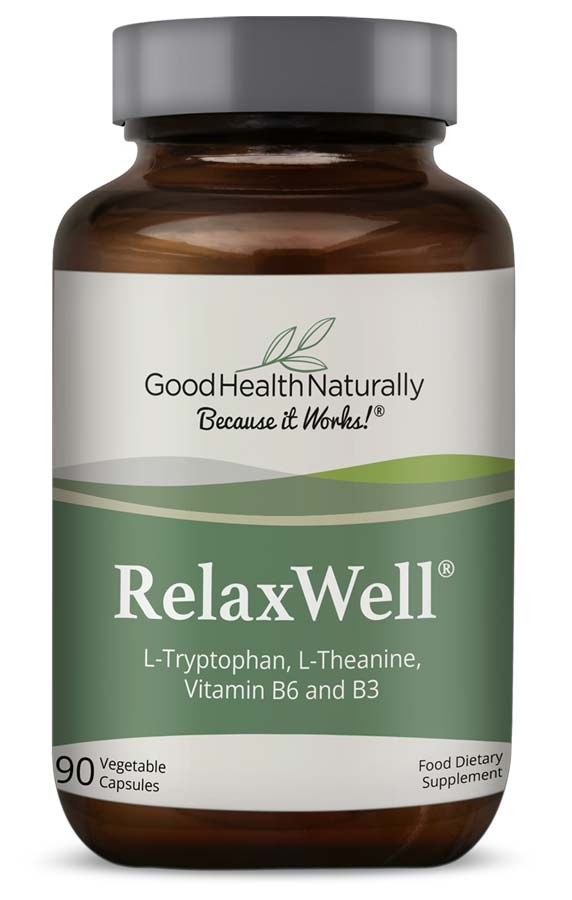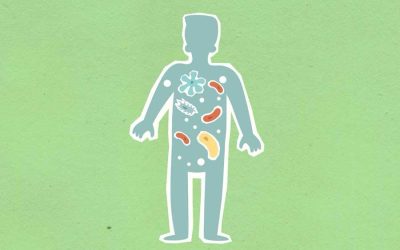How Poor Sleep May Increase Dementia Risk
A major international study analysing health records from over a million people found people with sleep disorders face a significantly higher risk of developing diseases like Alzheimer’s, Parkinson’s and vascular dementia. But what is even more worrying is that this risk persists for up to 15 years after a sleep disorder diagnosis.
What the Research Says About Sleep and Dementia
In one of the largest studies to date, researchers at the UK Dementia Research Institute at Cardiff University and the NIH Intramural Centre for Alzheimer’s and Related Dementias in the USA, analysed data from Biobanks in Finland, Wales and the UK.
They looked at individuals diagnosed with sleep disorders such as:
- Circadian rhythm disruptions
- Narcolepsy
- Sleep apnoea
- Excessive daytime sleepiness
- Sleepwalking
- Night terrors
- Generalised insomnia
Using statistical analysis, they mapped the relationships between various neurodegenerative diseases and sleep disorders. They investigated whether disrupted sleep is an early sign of neurodegeneration or whether it is something which makes dementia more likely later in life.
The findings published in npj Dementia suggested people diagnosed with sleep disorders were up to twice as likely to develop a neurodegenerative condition. Those with multiple or recurring sleep disorders were at even higher risk.
Genes and Sleep: A Surprising Twist
One of the most surprising findings was that sleep disorders and genetics seem to act independently. In people with a low genetic risk for Alzheimer’s or Parkinson’s, having a sleep disorder still doubles or triples their chances of developing the disease.
Which Sleep Disorders Raise Dementia Risk Most?
The study also broke down the relationship between specific sleep disorders and particular brain conditions:
- Alzheimer’s Disease: The risk increases 10–15 years after diagnosis of circadian sleep disorders.
- Vascular Dementia: Generalised insomnia and circadian disruptions raise risk 5–10 years post-diagnosis; risk is higher for those with multiple sleep issues.
- Parkinson’s Disease: The risk is elevated 10–15 years after diagnosis of circadian and non-organic sleep disorders (e.g. insomnia, nightmares).
Are Sleep Disorders a Cause or Early Warning Sign
One major question remains: Do sleep disorders cause neurodegeneration, or are they just early signs of it? This study suggests the answer may be both.
There’s growing evidence that disrupted sleep may impair the brain’s ability to clear out waste products from the brain, which is a hallmark of Alzheimer’s disease. It also affects brain cell repair and communication. However, once degeneration begins, it creates a vicious cycle that further disrupts sleep. Conditions like insomnia, sleep apnoea, narcolepsy, night terrors and circadian rhythm disruptions could be early red flags for diseases of the ageing brain.
How to Protect Your Brain Through Better Sleep
Statistics show that a quarter of Europeans have insomnia for one reason or another.
If you are one of them, there are several steps you can take to regain control.
Nutrition That Supports Restorative Sleep
Certain foods contain nutrients that may help enhance sleep by supporting the production of key sleep neurotransmitters, such as GABA and melatonin.
- Tryptophan-Rich Foods: The amino acid tryptophan helps support the production of serotonin and melatonin. Foods rich in tryptophan include turkey, chicken, eggs, dairy products, nuts, seeds, and bananas.
- Melatonin-Boosting Foods: Naturally present in certain foods, melatonin is found in cherries, grapes, tomatoes and oats.
- Magnesium-Rich Foods: Well-known as a natural relaxant, magnesium can have a calming effect on the mind and also helps relax muscles. Foods high in magnesium include leafy greens, almonds, cashews, pumpkin seeds and whole grains.
- Complex Carbohydrates: Whole grains, sweet potatoes, and quinoa can help regulate blood sugar levels, which in turn supports serotonin production.
Aim to leave at least a three-hour gap between your evening meal and bedtime. If you do need a small snack before bed, try an oatcake with kiwi fruit.
Build a Sleep Routine That Supports Brain Health
A regular sleep schedule reinforces your circadian rhythm, making it easier to fall asleep and wake up at the same time every day.
- Set a consistent bedtime and wake-up time, even on weekends.
- Establish a relaxing pre-sleep routine, such as reading a book, taking a warm bath, or practising deep breathing exercises.
- Limit your exposure to blue light in the hours leading up to Try using blue light-blocking glasses or enabling night mode on your devices when watching television or using screens before bed.
Optimise Your Sleep Environment
Your sleep environment plays a crucial role in sleep quality.
- Keep the bedroom dark and cool, as darkness is a signal for the body to produce melatonin, while a cooler temperature promotes better sleep.
- Minimise noise, and if outside sounds are keeping you awake, consider a white noise machine or earplugs to help block out disruptive sounds.
Managing Stress for Better Sleep
High stress and anxiety levels can interfere with sleep. Relaxation techniques can make a huge difference.
- Mindfulness and meditation can help calm the mind and prepare you for sleep.
- Deep breathing exercises activate the parasympathetic nervous system, helping reduce stress.
- Journaling or writing down thoughts before bed can help clear the mind.
- Yoga and stretching can relieve muscle tension and promote relaxation.
- Adding magnesium flakes to your evening bath, or applying it topically as a lotion or oil, can be a great way to help switch off before bed.
Can Supplements Help Improve Sleep Quality?
If you consistently experience difficulties getting a good night’s sleep, supplements may be beneficial.
- Magnesium Glycinate: This highly absorbable and well-tolerated form of magnesium may help improve sleep quality. Research suggests that higher magnesium levels are associated with longer sleep times, better overall rest, and reduced daytime fatigue.
- L-Tryptophan: This amino acid plays a key role in the production of serotonin and melatonin, neurotransmitters that regulate the sleep–wake cycle. Supplementing with tryptophan has been shown to increase sleepiness and shorten the time it takes to fall asleep.
- L-Theanine: Found naturally in green tea, theanine helps increase GABA levels and alpha brain waves, both of which are associated with a relaxed mental state. Studies suggest it can help people fall asleep more easily and enjoy deeper, more restorative sleep.
Final Thoughts: Sleep Well to Age Well
This research offers a compelling reminder that our nights may shape our future. Identifying and managing sleep disorders early and making meaningful improvements to our sleep patterns may help reduce the risk of sleep and dementia being so closely linked. Prioritising good sleep today could be one of the most powerful tools we have to protect long-term brain health.






